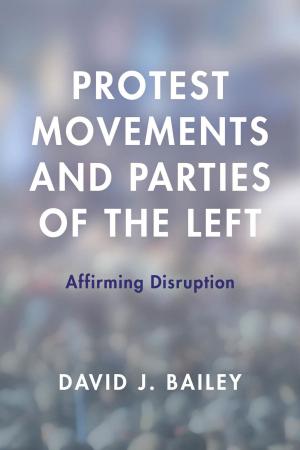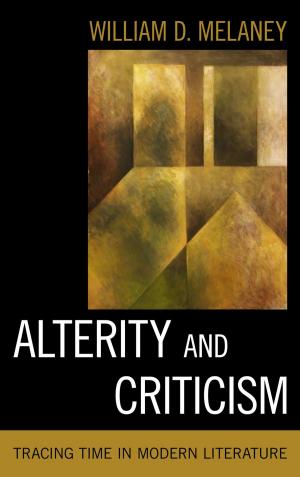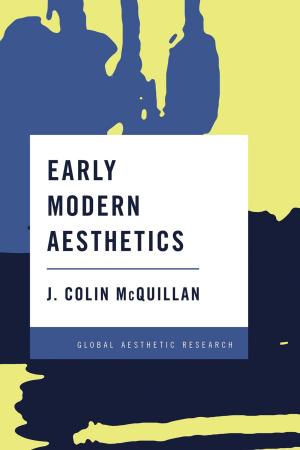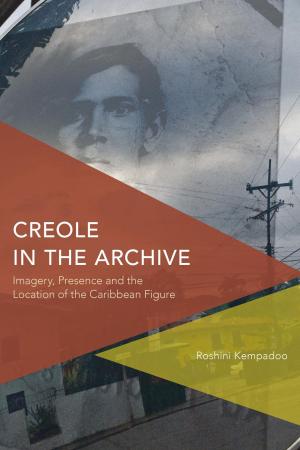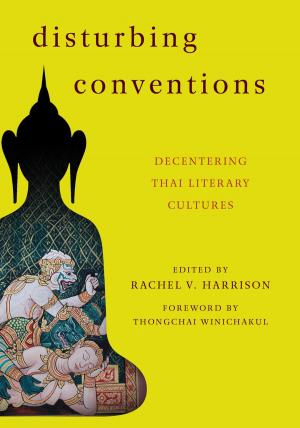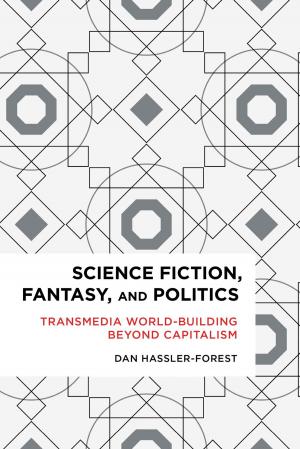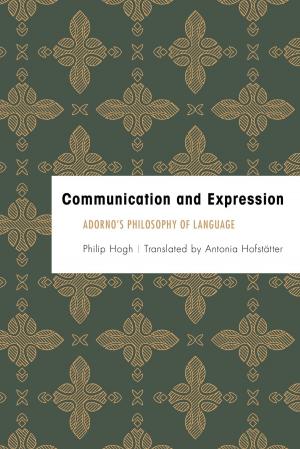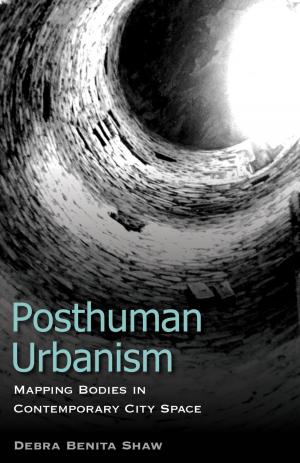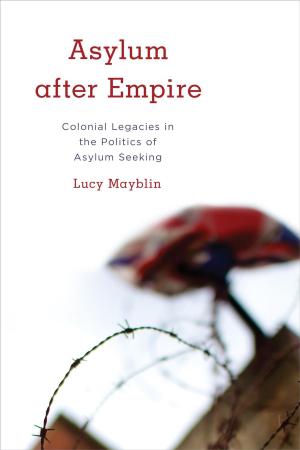The Aesthetics of Necropolitics
Nonfiction, Religion & Spirituality, Philosophy, Political, Social & Cultural Studies, Political Science, Politics, History & Theory, Art & Architecture| Author: | ISBN: | 9781786606860 | |
| Publisher: | Rowman & Littlefield International | Publication: | December 11, 2018 |
| Imprint: | Rowman & Littlefield International | Language: | English |
| Author: | |
| ISBN: | 9781786606860 |
| Publisher: | Rowman & Littlefield International |
| Publication: | December 11, 2018 |
| Imprint: | Rowman & Littlefield International |
| Language: | English |
Every politics is an aesthetic. If necropolitics is the (accelerated) politics of what is usually referred to as the ‘apolitical age’, what are its manoeuvres, temporalities, intensities, textures, and tipping points? Bypassing revelatory and reconstructionist approaches – the tendency of which is to show that a particular site or practice is necropolitical by bringing its genealogy into evidence – this collection of essays by artist-philosophers and theorist curators articulates the pre-perceptual working of necropolitics through a focus on the senses, assignments of energy, attitudes, cognitive processes, and discursive frameworks.
Drawing on different yet complementary methodologies (visual, performance, affect, and network analysis; historiography and ethnography), the contributors analyse cultural fetishes, taboos, sensorial and relational processes anchored in everyday practices, or cued by specific artworks. By mapping the necropolitics’ affective cartography, they expand the concept beyond its teleological, anthropocentric, and reductive horizon of ‘making and letting die’ to include posthuman and posthumous actants, effectively arguing for the necropolitics’ transformatory, political potential.
Every politics is an aesthetic. If necropolitics is the (accelerated) politics of what is usually referred to as the ‘apolitical age’, what are its manoeuvres, temporalities, intensities, textures, and tipping points? Bypassing revelatory and reconstructionist approaches – the tendency of which is to show that a particular site or practice is necropolitical by bringing its genealogy into evidence – this collection of essays by artist-philosophers and theorist curators articulates the pre-perceptual working of necropolitics through a focus on the senses, assignments of energy, attitudes, cognitive processes, and discursive frameworks.
Drawing on different yet complementary methodologies (visual, performance, affect, and network analysis; historiography and ethnography), the contributors analyse cultural fetishes, taboos, sensorial and relational processes anchored in everyday practices, or cued by specific artworks. By mapping the necropolitics’ affective cartography, they expand the concept beyond its teleological, anthropocentric, and reductive horizon of ‘making and letting die’ to include posthuman and posthumous actants, effectively arguing for the necropolitics’ transformatory, political potential.

